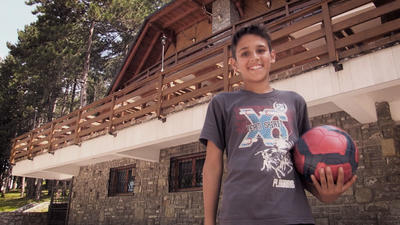Médecins Sans Frontières / Doctors Without Borders (MSF) has today released a report into the peacekeeping and humanitarian response following the attack on the Malakal Protection of Civilians (PoC) site on 17 and 18 February 2016.
Commenting on its launch Raquel Ayora, Director of Operations with MSF said, “Our investigation shows that the United Nations Mission in South Sudan (UNMISS) did not fulfil its mandate to protect civilians as set by the Security Council.
"Prior to the attack, they failed to prevent the flow of weapons into the camp; they chose not to intervene when initial fighting broke out in the camp, and when an attack came from outside the camp they were extremely slow to repel the assault.”
One third of the site razed to the ground
By the time hostilities ended a day later, varying reports state that between 25 and 65 civilians had been killed, over 108 were wounded and more than 30,000 displaced. Assessments conducted after the attack show that 3,700 shelters, one-third of the site, were burned down.
“The war-weary population were left traumatised and had to rebuild their lives in the ashes of the camp,” says Ayora.
The report also highlights the living conditions inside the PoC site, where living space currently available per person is a third of the internationally accepted minimum standards. Food distribution is barely at subsistence level and the overall provision of water is often less than 15 litres per person per day (the minimum international Sphere standard).
A survey by MSF published alongside the report shows that over 80 percent of the displaced people feel unsafe inside the PoC site and have lost their trust in UNMISS after the February attack. The survey also shows that insecurity outside the camp was unanimously mentioned by all respondents as the main reason for not leaving the site.
MSF calls on UN to publish findings
“PoC sites continue to be the only partially efficient solution for the dire protection needs of the population,” explains Ayora.
“Until there is a better or safer alternative, they cannot be dismantled and the protection and assistance gaps identified must be addressed. UNMISS and all humanitarian agencies should learn the lessons from this collective failure and take concrete steps to ensure that radically different decisions and actions would be taken in the event of a new attack or violence in the PoC site.”
MSF calls on the UN to publish the findings of their investigations into the events surrounding the attack on Malakal in February. Organisations working in Malakal PoC site need to revise and adapt their contingency plans, as well as adopt the lessons in other crises which have acute protection and assistance needs.





